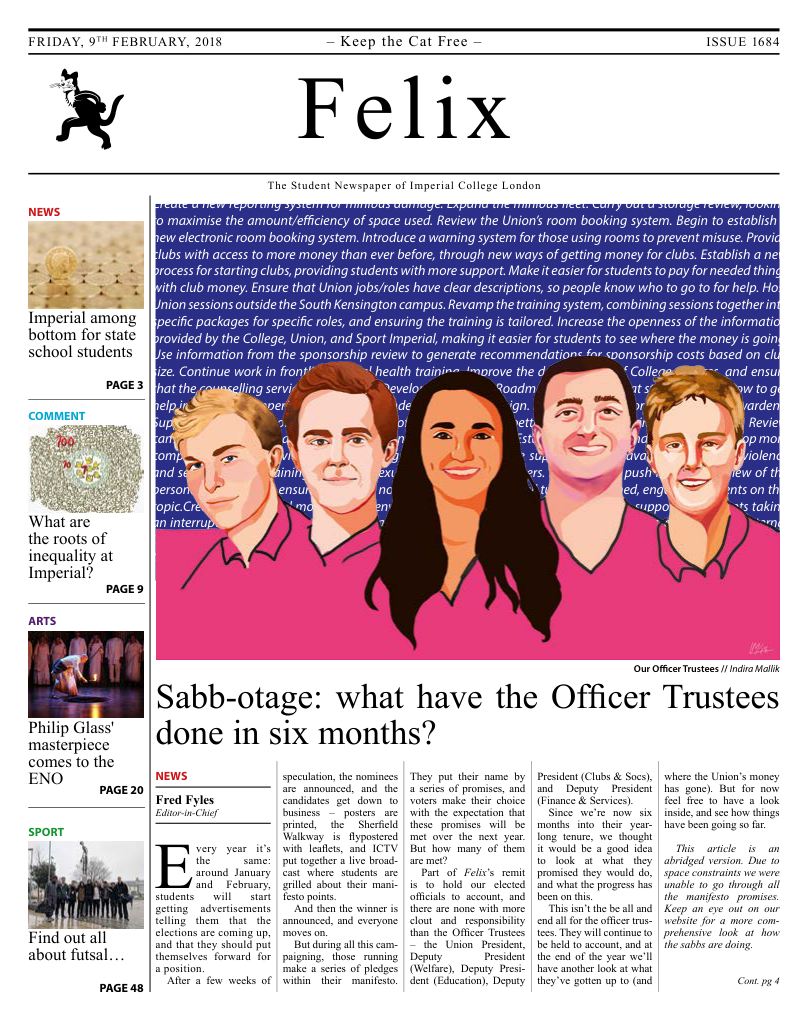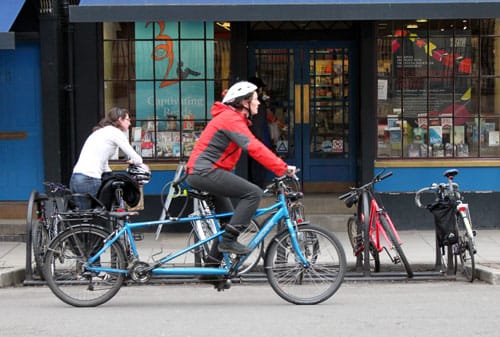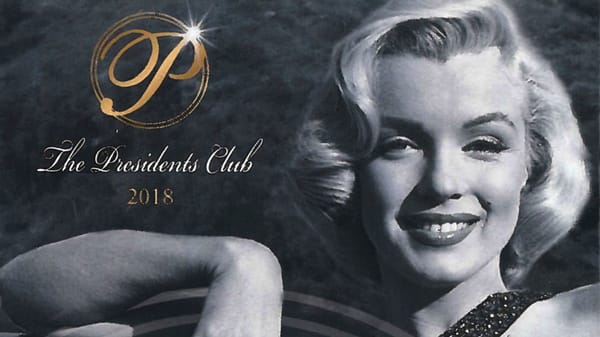Lecturers are striking: where can we claim our tuition fee refund?
With strike action confirmed, almost three weeks of tuition will be lost. Are we still to pay?

Universities are becoming businesses, treating students as customers. If so, they need to offer refunds when they can’t provide the services they are expected to provide.
After discussions with Universities UK (UUK) over pensions ended without an agreement, members of the University and College Union (UCU) have announced a wave of strike dates. Strikes are set to take place over 14 days at 61 universities in the UK, including Imperial. The strikes will occur in escalating waves, with the first week seeing strikes from 22nd-23rd February and the second week from 26th-28th February; there will then be a week’s break, before a four-day strike from 5th-8th March, and finishing with a five-day walkout from 12th-16th March.
This will result in the loss of almost three weeks of tuition, estimated at around £675 per undergraduate student.
This puts us students in a difficult position. Either we stand beside the striking academics, who are only defending themselves against an unjustified attack on their pensions and their livelihoods, losing hundreds of pounds worth of our education, or we cross over and support UUK. I can only foresee and expect solidarity with the lecturers.
This is a choice that students should not have to make, and it is a choice we do not have to make. We students are now treated as consumers, so we should be given the same rights as consumers: we should be given a refund for each day of strike action.
Rail companies like Northern Railway and Southern Rail already offer refunds to commuters who decide not to travel on strike days. Airlines also offer compensation to travellers whose flights are cancelled or delayed due to strike action. These refunds benefit both the consumers and the striking workers: consumers get their money back and therefore strike-breaking by consumer pressure is lessened.
Refunds focus the impact of a strike squarely on service providers and offer consumers the freedom to stand with striking workers. You could argue that students are not normal ‘consumers’, but by examining the current model of higher education, especially the government’s Teaching Excellence Framework plans that increase competition between universities, you’d struggle to see students in any other way. Students are already internalizing this fact: according to a recent survey by ComRes, about half the students in the UK now view themselves as customers.
As scientists or science students we often see ourselves outside the realms of political interaction. We often think of ourselves as remote and unaffected, using science as a shield. However, science is not a shield. It is not a unit, it is made of different parts that proceed in radically different ways, all shaped by the outside political world.
We need to embrace this outside political world, and open our eyes to the forces that are changing higher education - because these forces will not stop with the dismantling of our lecturers’ pensions, they will gnaw away at the very heart of education and science. They will turn universities into factories that exploit researchers and students to “advance knowledge”, no matter the human cost. I say we should be more concerned in the support of people than the advancement of knowledge for profit. I ask you to support the lecturers by writing to registry asking for a tuition fee refund that covers the period of the strike. If universities see us as consumers, we need to act as consumers. Hurt them where it hurts, their pockets.
UUK and the universities that make it up are responsible for this strike. It does not fall on the UCU, who are merely defending themselves. We as students have been given a choice: turn against academics and support the commercialisation of education, or throw aside our shield of science, embrace the political, and support people.










